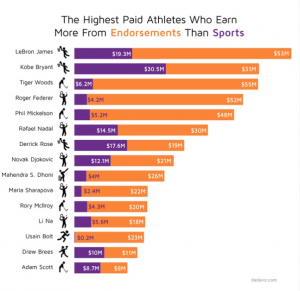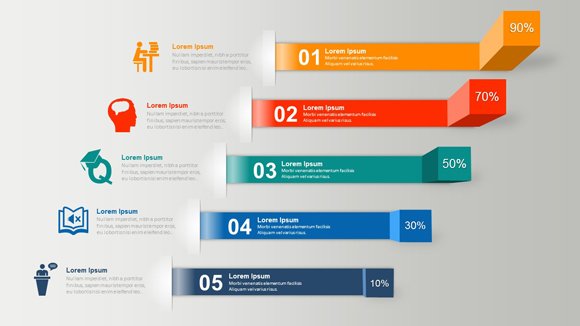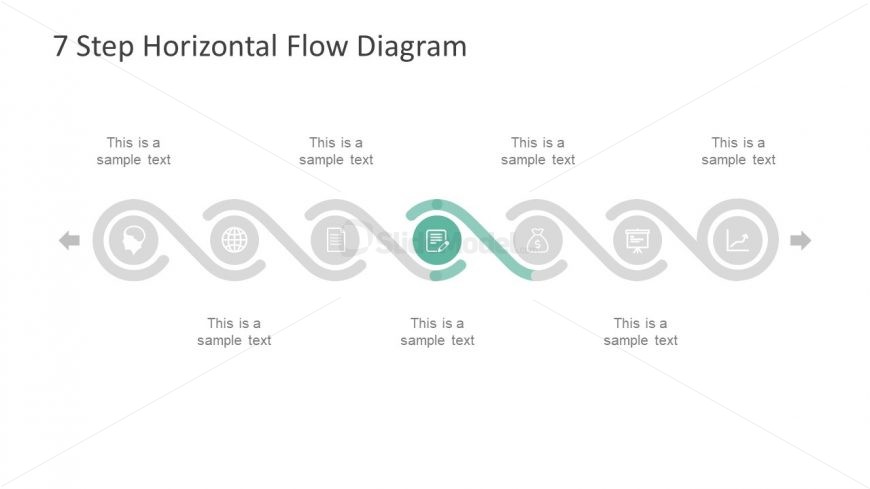
Nevertheless, it is easy to use and provides great ways to create different versions of your infographics. However, the paid version costs $15 per month.
#HORIZONTAL INFOGRAPHIC CREATOR FREE#
There’s another free resource called Piktochart. These specifically designed tools increase interactive engagement with your audience as they share the story that you have designed a specific infographic to tell. Here are the examples of an entire book made into a timeline infographic.While creating infographics using Venngage, you will also have various other options, like the ability to include statistics, informational details, process maps, comparison charts, timelines, geographical representations, and tutorials. If you want them to follow your timeline, play by the rules of their psychology.įollowing these rules you can make very long timelines and still keep the reader’s attention. Your readers have the same reaction to your infographic – if something is not constantly there, in plain sight, they are not sure if it stopped mattering/existing.

They have yet to make the connection that not seeing something visually does not mean it does not exist somewhere else. Children under 5, those who are “new to this world” often think that if a parent is not physically there, they stopped existing. We expect hair color to be constant enough that we use it to recognize people by.Ĭreating an infographic is the same as creating a micro-world where you set the rules of understanding. They don’t look for the details all the time. If someone asked you to look closer at their face, you would have to problem to tell it is your friend. To understand this principle, think of a time when you didn’t recognize a friend because they changed their hair. The constancy principle is what allows our brains to make sense of things. It applies in real life just like it does in the digital life. This principle of non-interruption is called the constancy principle. That’s why you should avoid gaps, interruptions and any decoration on the line itself. If your readers looses visual contact with your line, they lost your entire timeline. Text, icons and illustrations should never overpower that line. This may be obvious, but it does get overlooked often enough. Every timeline infographic should have an actual line that is visible.To make the layers even more distinct, use a serif font for the date and a sans-serif for the description. If the events are more important make the date smaller. Are the dates more important? Make them larger than event descriptions. There should be a visual hierarchy in the font you use for dates and for event descriptions.Every point on the timeline should be dated, unless the date is the same as the previous point.

Adding something that draws attention to the beginning of the timeline is a great idea. The best place is either in the the top center of in the upper left corner.

Horizontal timeline work best in presentations and posters since they are more intuitive. Straight vertical timelines have more space for text and generally are more readable on mobile. Coiled timelines use space in the most effective way. What formats are available? There are 3 choices: coiled or winding timelines, horizontal timelines, and vertical timelines.
#HORIZONTAL INFOGRAPHIC CREATOR HOW TO#
How to Choose a Timeline Infographic Format That Works



 0 kommentar(er)
0 kommentar(er)
